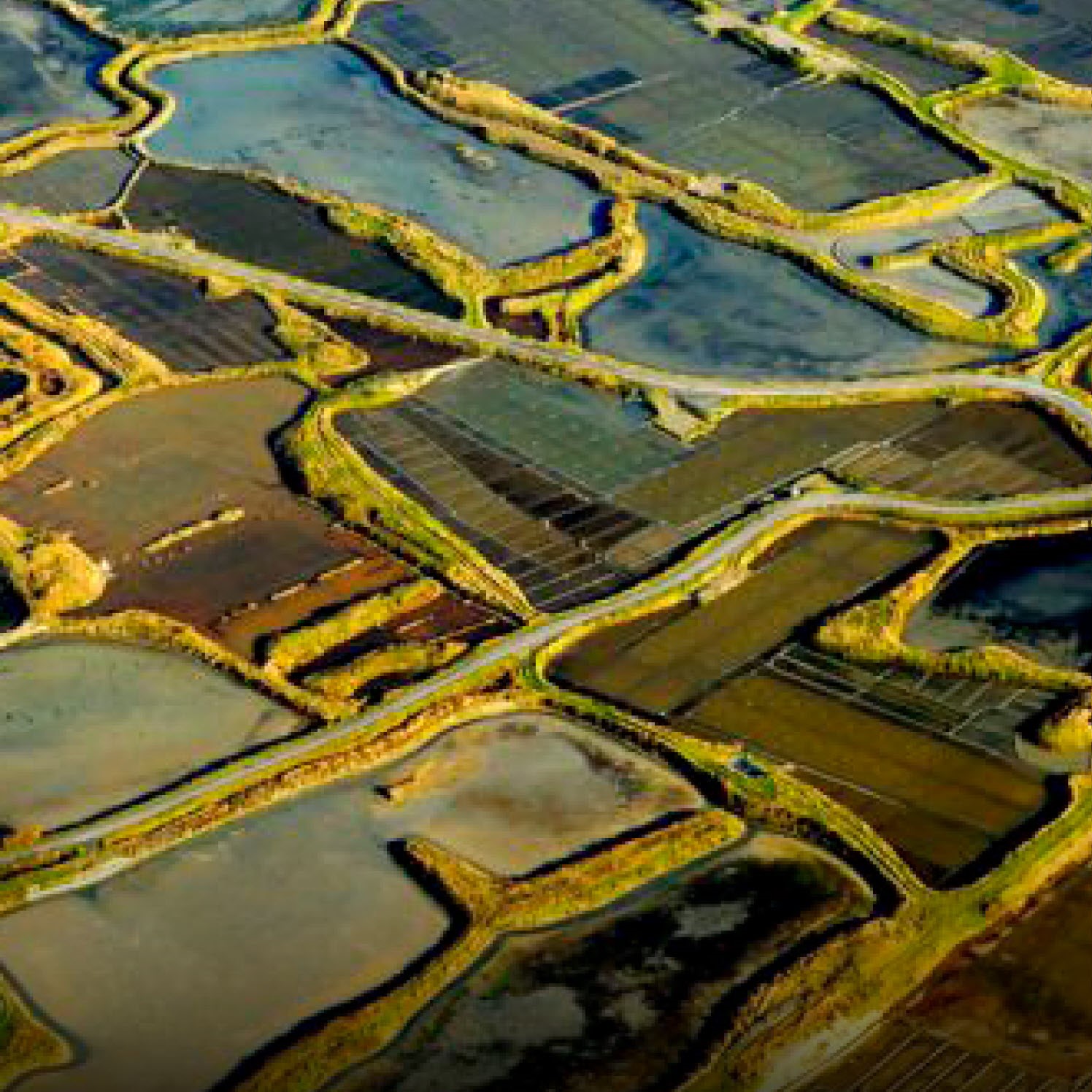
For outstanding contributions that set a new agenda to solve a pressing societal challenge—the scarcity of sand resources.
Dr. Bendixen has worked on coastal processes in the Arctic region and, using unique archival imagery and remote sensing data, showed how Greenlandic deltas are now growing more rapidly than earlier in the 20th century. She innovatively applied statistical techniques to quantify the impact of major controlling physical factors such as the melting Greenland ice sheet. She published her findings in Nature (Bendixen et al., Nature, 55, 101–104, 2017). It turned out that with a rapidly melting ice sheet Greenland’s deltas receive a large and steady supply of sand.
Dr. Bendixen realized, in a pivot from her initial interests in just the physical system, that if sediment loads to Greenland deltas are indeed so large, could they be a part of the solution to the global sand scarcity problem? She published this idea first in a commentary for Science, bringing together the new knowledge of the enormous sediment load originating from Greenland and the fact that sand is becoming a sparse resource globally. The world needs sand for infrastructure, housing, road bases, and coastal defense but has been running out of this most basic resource. Mette’s paper demonstrated her ability to relate her geomorphologically based research to societally relevant solutions and innovations. This was a highly original idea with an implication for Greenland to potentially make use of the sand accumulating at their coastlines for export. The initial idea was further developed by putting the shear sand volumes into a context of modeled future economic value and scarcity of sand.
Moreover, in her current work, Dr. Bendixen is building collaborations between research, industry, and policymakers to work toward defining a sustainable future for sand. She now collaborates on research on sand scarcity and is seeking information from Greenland’s citizens directly through surveys. Her research agenda further broadened and also investigates sand mining in Africa—perhaps one of the most understudied continents in the sense of river sediment fluxes and, consequently, sand resources. Providing these insights in the rate of mining and resource extraction will be vital information for regulation and sustainable use.
Congratulation, Mette, for a well-deserved recognition of your creativity and persistence to bring your interdisciplinary science to contribute solutions to societal challenges!
—Irina Overeem, University of Colorado Boulder

Climate change will increase the duration of annual sea‐ice‐free periods and shift precipitation patterns across the Arctic. Those fact...


